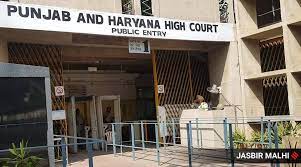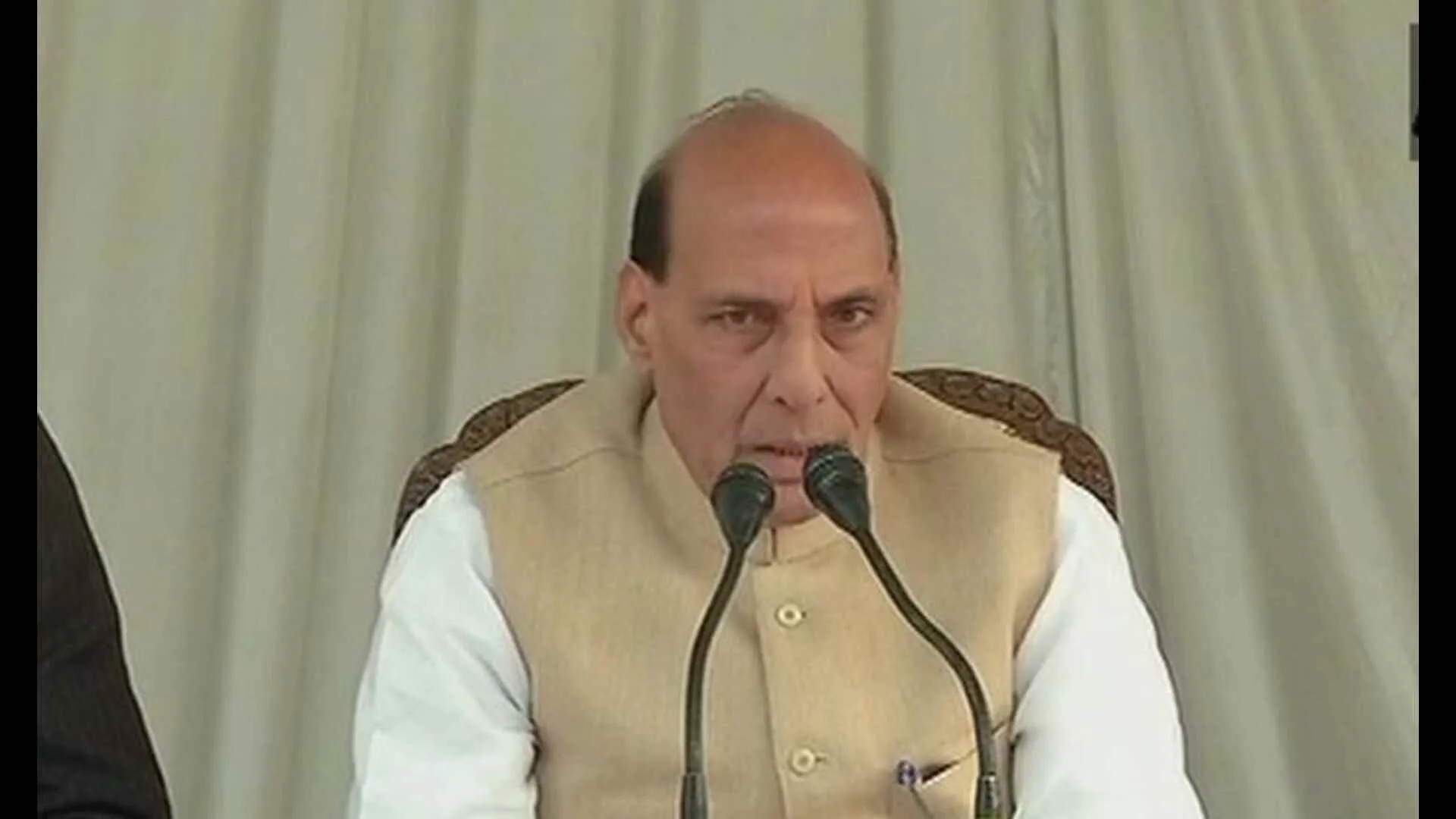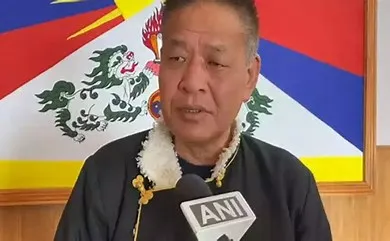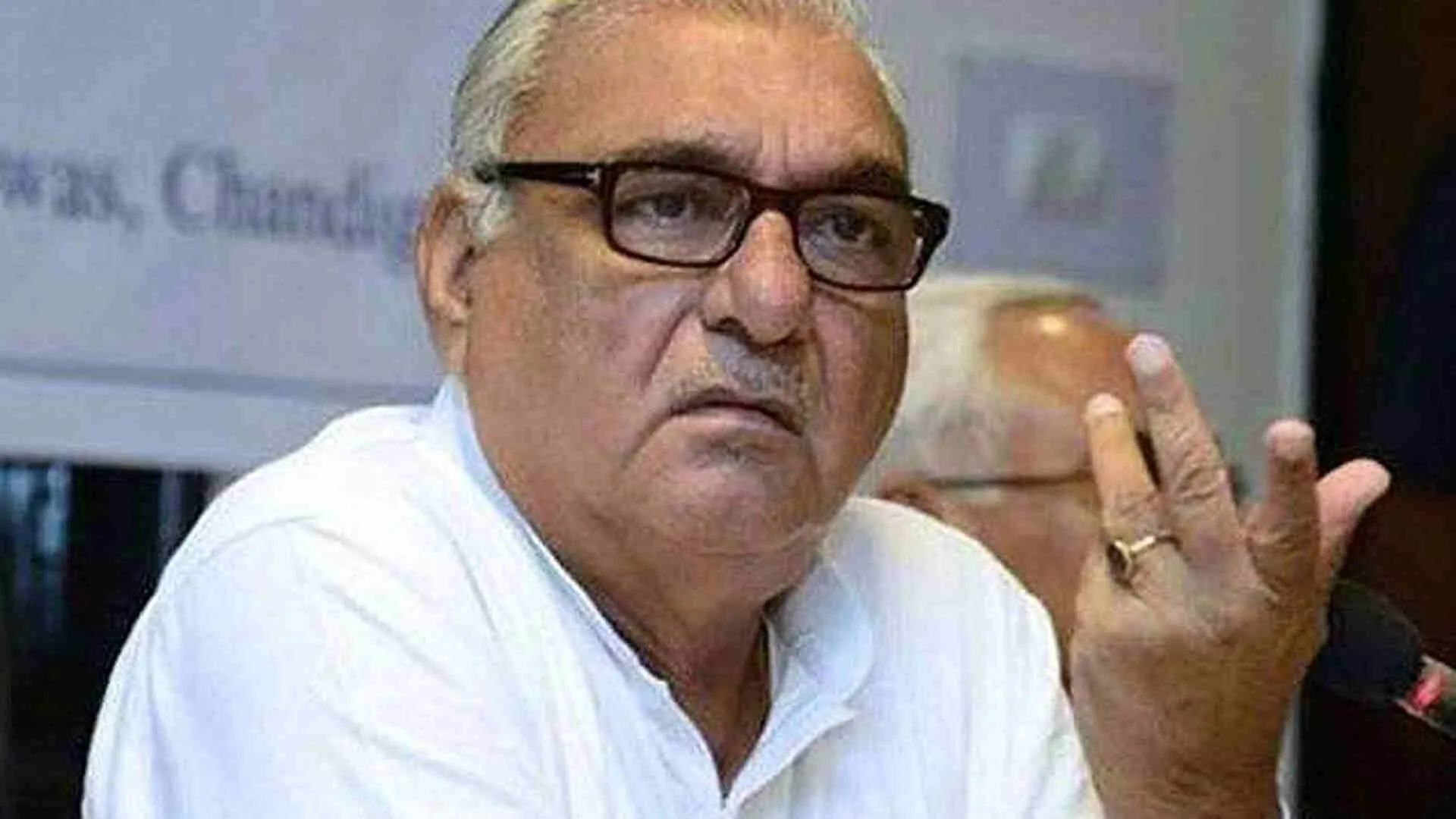Punjab and Haryana High Court have reserved their decision regarding the 75% reservation for state residents in Haryana’s private sector. Industry owners have raised concerns about this law enacted by the Haryana Government. Justices GS Sandhawalia and Harpreet Kaur Jeevan have reserved the decision in the High Court.
The High Court had previously reserved its decision on this law in March 2022. During that time, the High Court had considered arguments both in favour and against the law. The hearing resumed in April 2023.
The Haryana government introduced the State Employment of Local Candidates Act 2020, which mandates a 75% reservation for Haryana’s youth in jobs within private institutions, including private companies, societies, trusts, and partnership firms. This reservation applies to private institutions employing 10 or more people with salaries less than Rs. 30,000 per month. On November 6, 2021, the Labor Department issued a notification stating that 75% of jobs in new and existing factories and institutions in Haryana must be offered to native Haryana residents.
This matter was brought to the High Court, which issued a stay order in February 2022. The Haryana government appealed to the Supreme Court, which nullified the High Court’s order and instructed a decision within four weeks. In response, industrial organizations in Faridabad and Gurugram demanded the law’s suspension in the High Court. During the High Court hearing, the government’s Additional Advocate General argued that this law was enacted to protect the rights of state residents. It was also ordered that the government cannot take any action for non-compliance of this law until the High Court makes a decision on its constitutional validity.

















